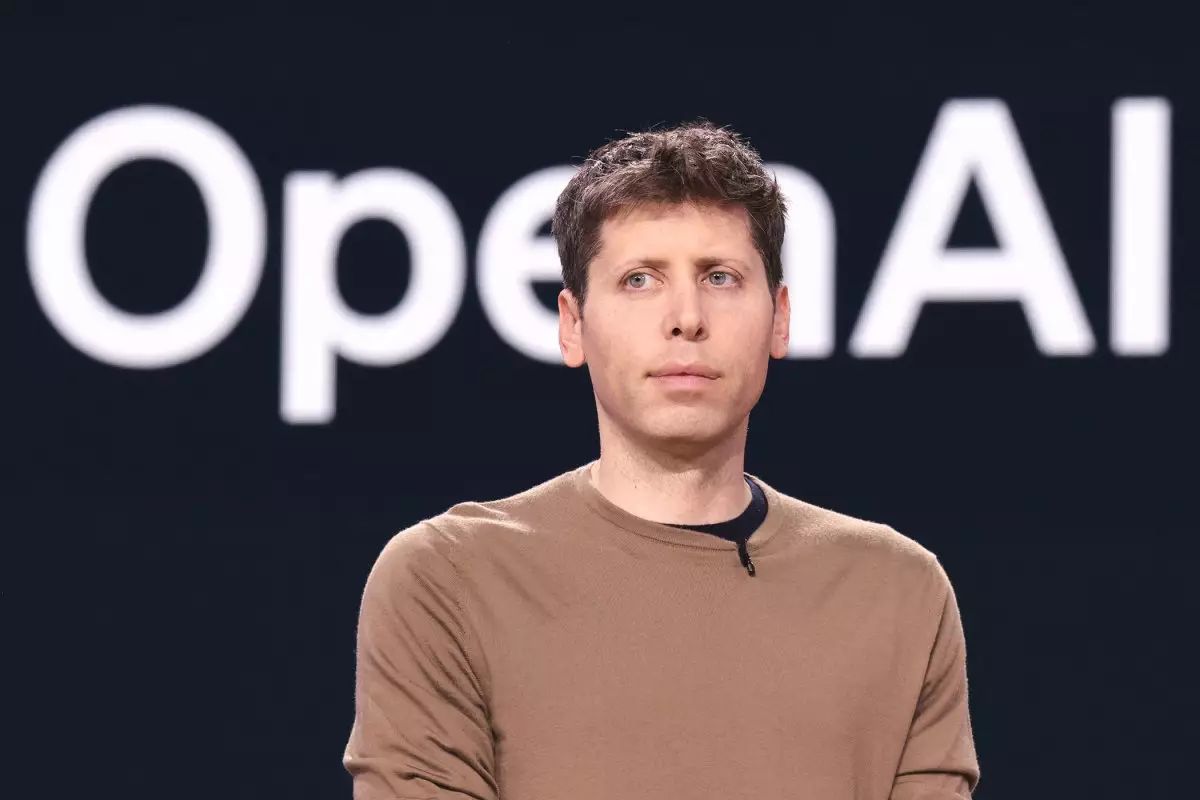In a landscape increasingly dominated by artificial intelligence (AI), the integrity behind benchmarking methodologies plays a crucial role in both the credibility and reliability of AI models. This article scrutinizes recent developments from Epoch AI and its affiliations with OpenAI concerning the FrontierMath benchmark. The implications of funding relationships on the perceived objectivity of AI evaluation mechanisms raise pertinent questions about transparency and accountability in the realm of artificial intelligence development.
Epoch AI, a nonprofit organization focused on creating standards for AI mathematical capabilities, has recently come under scrutiny for failing to disclose financial backing from OpenAI, one of the most prominent players in the AI industry. The revelation, made on December 20, coincided with the unveiling of OpenAI’s latest AI model, o3. The benchmark in question, FrontierMath, was designed to challenge AIs with expert-level mathematical problems, serving as a test bed to demonstrate o3’s capabilities. However, the belated announcement of OpenAI’s involvement raises significant ethical dilemmas regarding transparency in AI benchmarking.
A contractor for Epoch AI, who revealed their identity only by a pseudonym, expressed deep concerns about the communication practices within the organization. They asserted that many contributors were unaware of OpenAI’s financial influence prior to public disclosure, which they described as non-transparent. This instance illustrates a broader issue within the AI community, where stakeholders often lack critical insight into the possible biases inherent in the benchmarks that evaluate their work.
Social media discourse around this issue has been intense, with several users arguing that the concealed nature of OpenAI’s involvement threatens to undermine the legitimacy of FrontierMath as an objective measure of AI capability. If contributors were uninformed about funding dynamics, it begs the question: to what extent can these benchmarks be trusted? The concern is that if both the financial sustenance and the intellectual property related to the benchmark are controlled by a single entity, genuine objectivity becomes a precarious proposition.
Furthermore, Epoch AI’s admission of a “mistake” signifies a recognition of the palpable risks associated with such non-disclosure practices. While the associate director sought to reassure the community about the integrity of FrontierMath, their acknowledgment of mishandling the situation strikes a dissonant note in an industry where accountability should be paramount. Can we afford to overlook such missteps when the stakes involve the creation of trusted AI systems?
The complication surrounding the relationship between Epoch AI and OpenAI extends beyond mere financial support; it intertwines with the technical integrity of the benchmark itself. Epoch AI claims to have enacted measures to safeguard transparency via a holdout set designed for independent verification purposes. However, questions linger regarding the ability to genuinely verify OpenAI’s performance under FrontierMath benchmarks. This claim does little to alleviate wider concerns surrounding conflicts of interest, especially when substantial resources from a commercial entity are involved.
Lead mathematician Ellot Glazer’s comments further reveal the complexity within this scenario. While he expressed personal confidence in OpenAI’s reported results, he also maintained that independent validation was critical. This highlights a significant barrier: the challenge of reconciling industry pressures and financial dependencies with the imperative for rigorous, objective evaluation mechanisms.
This scenario involving Epoch AI and OpenAI serves as a crucial case study against which the broader ecosystem of AI benchmarks should be examined. As artificial intelligence technology progresses, the interconnectedness of funding, transparency, and accountability necessitates conversations about best practices for benchmark development. The ethical considerations surrounding transparency must evolve alongside technological advancements to ensure that the standards by which we measure AI remain robust against the tides of influence.
As we navigate this complex landscape, it’s clear that the integrity of benchmarking must be safeguarded through transparent practices. The collaboration between organizations, such as Epoch AI and OpenAI, should not come at the expense of ethical evaluation standards. Embedding transparency deeply within the fabric of AI benchmarking will enhance not only trust among contributors and developers but ultimately foster a more reliable foundation for the future of artificial intelligence.

